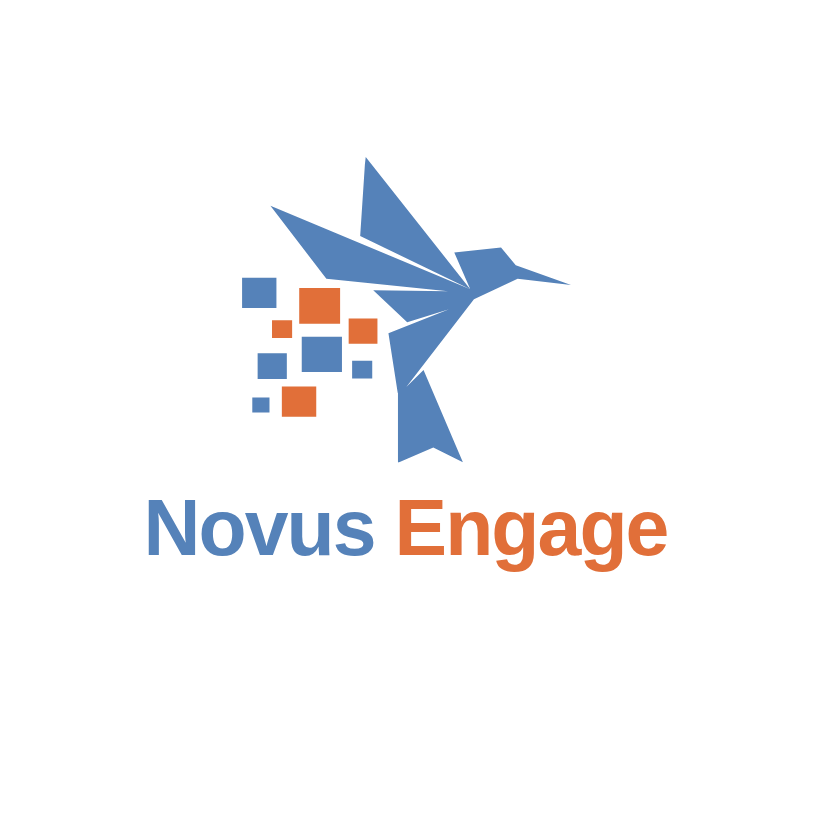- February 7, 2026
- by
- .
- 0 Comments
What is Artificial Intelligence (AI)
Artificial Intelligence (AI) is no longer a futuristic concept—it’s here, and it’s revolutionizing the way we market. From personalized product recommendations to predictive analytics and automated ad campaigns, AI is transforming digital marketing in ways that were unimaginable just a few years ago. Whether you’re a small business owner or a global brand, understanding the impact of AI is no longer optional—it’s essential. Let’s explore how AI is shaping the
1. Hyper-Personalization at Scale
Consumers today expect content that speaks directly to their needs, preferences, and behavior. AI makes this possible by analyzing vast amounts of data in real time and delivering personalized experiences at scale.
With AI, marketers can:
- Segment audiences more precisely based on behavior, interests, and intent
- Deliver dynamic content and product recommendations tailored to individual users
- Send hyper-targeted emails and push notifications at optimal times
The result? Higher engagement, improved conversion rates, and better customer satisfaction.
2. Smarter Search with AI-Powered SEO
Search engines are now using AI to better understand user intent. Tools like Google’s RankBrain and BERT use machine learning and natural language processing (NLP) to provide more relevant search results.
For marketers, this means SEO strategies need to evolve:
- Focus more on topic clusters and conversational content
- Use tools that leverage AI to identify keyword opportunities and optimize on-page content
- Monitor user behavior to refine content based on engagement and performance
AI doesn’t just influence how people search—it changes how you must create content to stay visible.

3. Automated Content Creation and Curation
AI-powered tools are making content creation faster and more efficient. While human creativity still reigns supreme, AI can support marketers by:
- Generating blog outlines or drafts based on keywords
- Suggesting headlines, subject lines, or social media captions
- Curating and distributing content based on user preferences
Platforms like ChatGPT and Jasper are already helping marketers reduce content production time, allowing them to focus on creativity and strategy.
4. Predictive Analytics for Better Decision Making
One of AI’s most powerful applications is its ability to predict future trends based on past and current data. Predictive analytics allows marketers to:
- Forecast customer behavior (such as likelihood to buy or churn)
- Optimize ad spend based on predicted ROI
- Personalize offers before the customer even knows what they want
With predictive insights, brands can make data-driven decisions instead of relying on guesswork.
5. Revolutionizing Customer Service with AI Chatbots
AI-powered chatbots are becoming more human-like and capable of handling complex conversations. In 2025 and beyond, chatbots will:
- Provide 24/7 customer support with instant responses
- Handle FAQs, process orders, schedule appointments, and offer product recommendations
- Integrate with CRM systems to deliver personalized interactions
This not only enhances the customer experience but also reduces costs and frees up human agents for higher-level support.
6. Programmatic Advertising and Real-Time Bidding
AI is reshaping digital advertising through programmatic ad buying, which uses machine learning to buy and place ads in real time. These systems analyze user data, demographics, and online behavior to display the most relevant ads to the right person at the right time.
Benefits include:
- Higher ROI due to more targeted ad placements
- Reduced ad spend wastage
- Increased efficiency and automation of media buying
Platforms like Google Ads and Facebook already use AI extensively to optimize ad delivery based on performance.
7. Voice and Visual Search Integration
With the rise of smart assistants and visual platforms like Pinterest and Google Lens, consumers are increasingly using voice and image-based searches. AI is the driving force behind these innovations.
To adapt, marketers must:
- Optimize for voice search with natural, conversational language
- Use alt-text and structured data for images
- Create content that answers specific, voice-search-style queries
The future of search is not just typed—it’s spoken and seen.
8. Real-Time Data for Agile Marketing
Traditional campaigns often relied on post-campaign analysis. With AI, marketers now have access to real-time performance data, allowing for instant optimization. AI helps:
- Adjust budgets based on live campaign results
- A/B test ad creatives automatically
- Recommend changes to improve performance mid-campaign
This agility helps brands respond quickly to market trends and consumer behavior shifts.
Conclusion: The Marketer + AI Collaboration
AI is not here to replace marketers—it’s here to enhance human creativity, intuition, and strategy. By automating repetitive tasks and uncovering actionable insights, AI allows marketers to focus on what they do best: building relationships, crafting compelling narratives, and driving growth.
The future of digital marketing belongs to those who embrace AI, not fear it. As we move further into 2025 and beyond, the winning formula will be a blend of data-driven intelligence and human empathy—powered by the limitless potential of AI.



